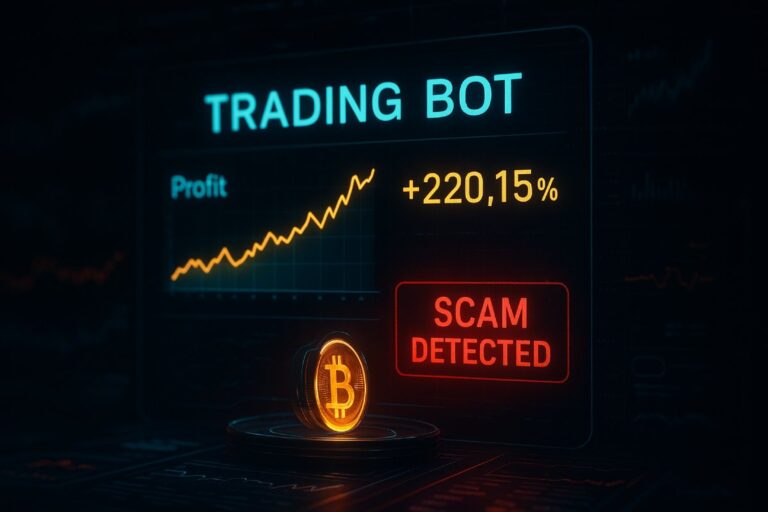Decentralized finance protocols have emerged as one of cryptocurrency’s most compelling value propositions, offering yield opportunities, lending mechanisms, and trading venues that operate without traditional financial intermediaries.
The structural challenges, however, mirror those found in early-stage fundraising schemes, amplified by DeFi’s additional complexity layers. DeFi scams represent fraudulent schemes that exploit the nature of decentralized protocols to steal investor funds through fake platforms, malicious smart contracts, or exit scams disguised as legitimate yield opportunities. I’ll examine the most prevalent DeFi fraud mechanisms, analyze specific cases that have impacted local investors, and outline practical protective measures alongside recovery strategies for victims.
Understanding Common DeFi Scams in Hong Kong
- DeFi Wallet Scams: Fraudsters create fake wallets or prompt users to disclose their private keys or seed phrases. Once these details are exposed, the attacker gains complete control of the victim’s funds.
- DeFi Mining Scams: Victims are invited to join “high-yield liquidity pools” or “DeFi mining projects.” These platforms often simulate profits at first, but eventually collapse as the operators disappear with all deposited assets.
- Fake Airdrops and Token Giveaways: Scammers send tokens to users that appear legitimate but contain malicious smart contracts designed to drain wallets.
- Rug Pulls: Developers promote a new DeFi token or project, attract large investment, and then suddenly remove liquidity, leaving investors with worthless assets.
How to Identify Potential DeFi Scams
- Guaranteed High Returns: Any promise of fixed or unrealistic profit is a red flag.
- Anonymous or Unverified Teams: Legitimate teams have verifiable track records and transparent profiles.
- Unclear or Missing Whitepapers: Projects without detailed documentation or technical explanations should be avoided.
- No Independent Audits: Smart contracts that haven’t been audited pose major risks.
- Aggressive or Unsolicited Marketing: Cold calls, unsolicited messages, or sudden “exclusive offers” are signs of fraud.
Best Practices for Protection Against DeFi Scams
- Do Your Own Research (DYOR): Search for independent reviews, regulatory warnings, and audit reports before investing.
- Use Secure Wallets: Prefer hardware wallets and ensure private keys are never shared.
- Stay Cautious of Offers: Treat unsolicited offers or “exclusive opportunities” with suspicion.
- Diversify Investments: Avoid concentrating all assets in a single project or platform.
- Verify Platforms: Only interact with platforms that have transparent teams, public audits, and strong reputations.
A Victim’s Guide to Handling DeFi Scams in Hong Kong
- Secure Remaining Assets: Move any remaining funds to a safe wallet immediately.
- Preserve Evidence: Save transaction records, wallet addresses, chat logs, and emails.
- Report the Incident: File a report with the Hong Kong Police and notify the Securities and Futures Commission (SFC) if the scam involved securities-like products.
- Seek Professional Help: On-chain forensics can trace where funds have moved, and legal action may be possible with strong evidence.
Get Expert Help to Trace Your Funds
- DeFi Expertise: Our investigators understand common DeFi vulnerabilities and fraud tactics.
- Advanced Technology: We use institutional-grade blockchain analytics and forensic tools.
- Legal and Law Enforcement Network: We work with regulators, exchanges, and law firms worldwide to support recovery efforts.
- Proven Results: Our track record includes cases involving multi-million-dollar frauds across multiple jurisdictions.



